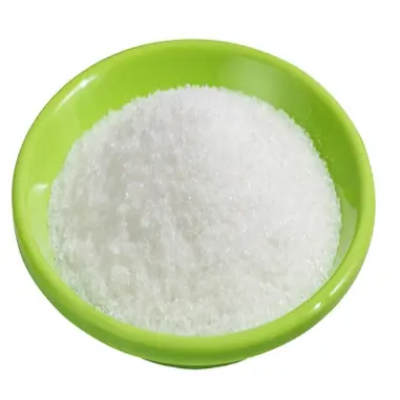Folic Acid CAS:59-30-3
Folic Acid can be utilized in various forms such as tablets, capsules, or as an ingredient in multivitamin supplements. The recommended daily intake varies based on age, sex, and individual health needs but typically ranges from 400mcg to 800mcg for adults. One of the key roles of Folic Acid is its involvement in the production of genetic material and the formation of new cells. Therefore, it is particularly important during periods of rapid growth and development, such as pregnancy and infancy. Adequate intake of Folic Acid before and during early pregnancy is crucial for the prevention of neural tube defects in the developing fetus. Furthermore, Folic Acid supports cardiovascular health by helping to maintain healthy levels of homocysteine, an amino acid linked to heart health. It also contributes to cognitive function and may support mental and emotional well-being. In addition, Folic Acid plays a vital role in the synthesis of red blood cells, making it essential for maintaining healthy blood and preventing certain types of anemia. Incorporating Folic Acid into a daily wellness routine can help individuals ensure sufficient intake of this essential nutrient, thereby supporting various aspects of health, including cellular integrity, reproductive health, cardiovascular function, and overall vitality. However, it's important to adhere to recommended dosages and consult with a healthcare professional, especially when addressing specific health concerns or considering higher levels of supplementation, particularly during pregnancy or for individuals with certain medical conditions.



| Composition | C19H19N7O6 |
| Assay | 99% |
| Appearance | White power |
| CAS No. | 59-30-3 |
| Packing | Small and bulk |
| Shelf Life | 2 years |
| Storage | Store in cool and dry area |
| Certification | ISO. |




![tert-Butyl 5-nitro-2-oxospiro[indoline-3,4'-piperidine]-1′-carboxylate CAS:2089301-60-8](https://cdn.globalso.com/xindaobiotech/@LXIVIBPRLO53RUL5FBL7H783.png)




